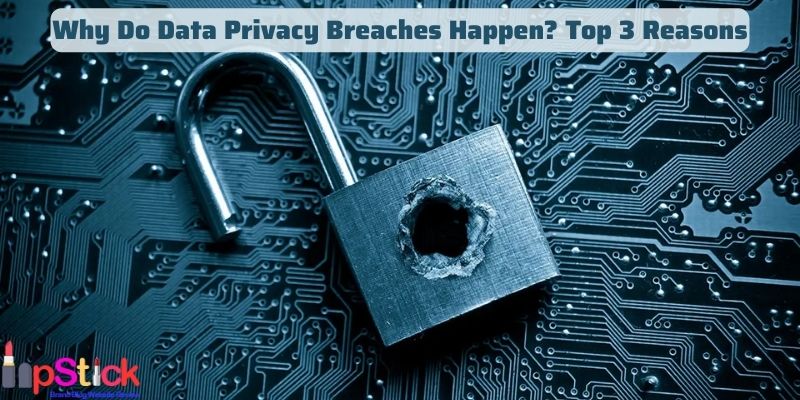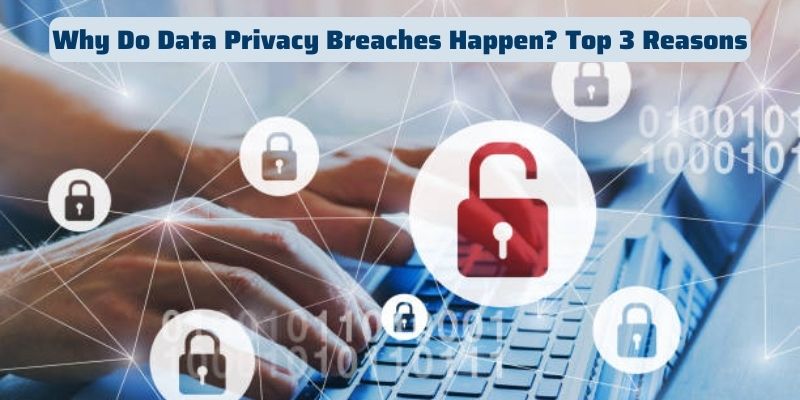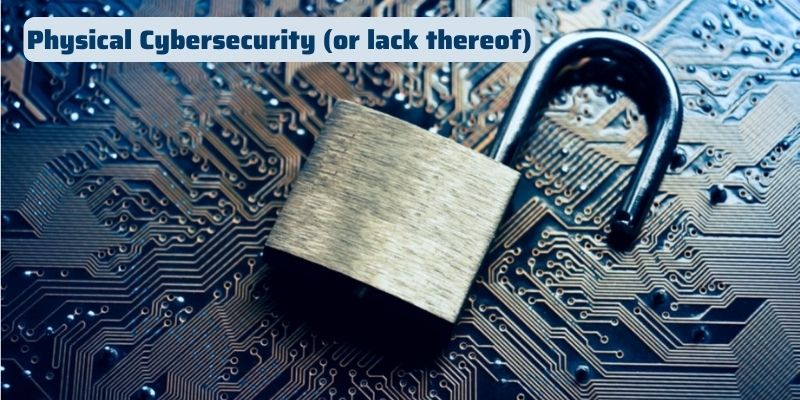Why Do Data Privacy Breaches Happen? Top 3 Reasons. You may have recently heard something about data breaches. They’re becoming more regular, and it seems like every week there’s another breach of some kind.
Statistics suggest that fraudsters steal or compromise 68 records every second, thus that appears to be the case. If your company hasn’t already been a victim of a data breach, chances are it will be soon, especially if you don’t have adequate security measures in place.
It’s difficult to pinpoint the worst aspect of data breaches because each one is unique. In 2022, the average data breach costs $4.35 million. But it’s not simply the money spent on missed business or ransom payments. It’s also time spent getting back online, making amends with customers, and attempting to repair reputational harm. Many businesses never recover. In this article, lipstickbr.com will explore why do data privacy breaches happen?




